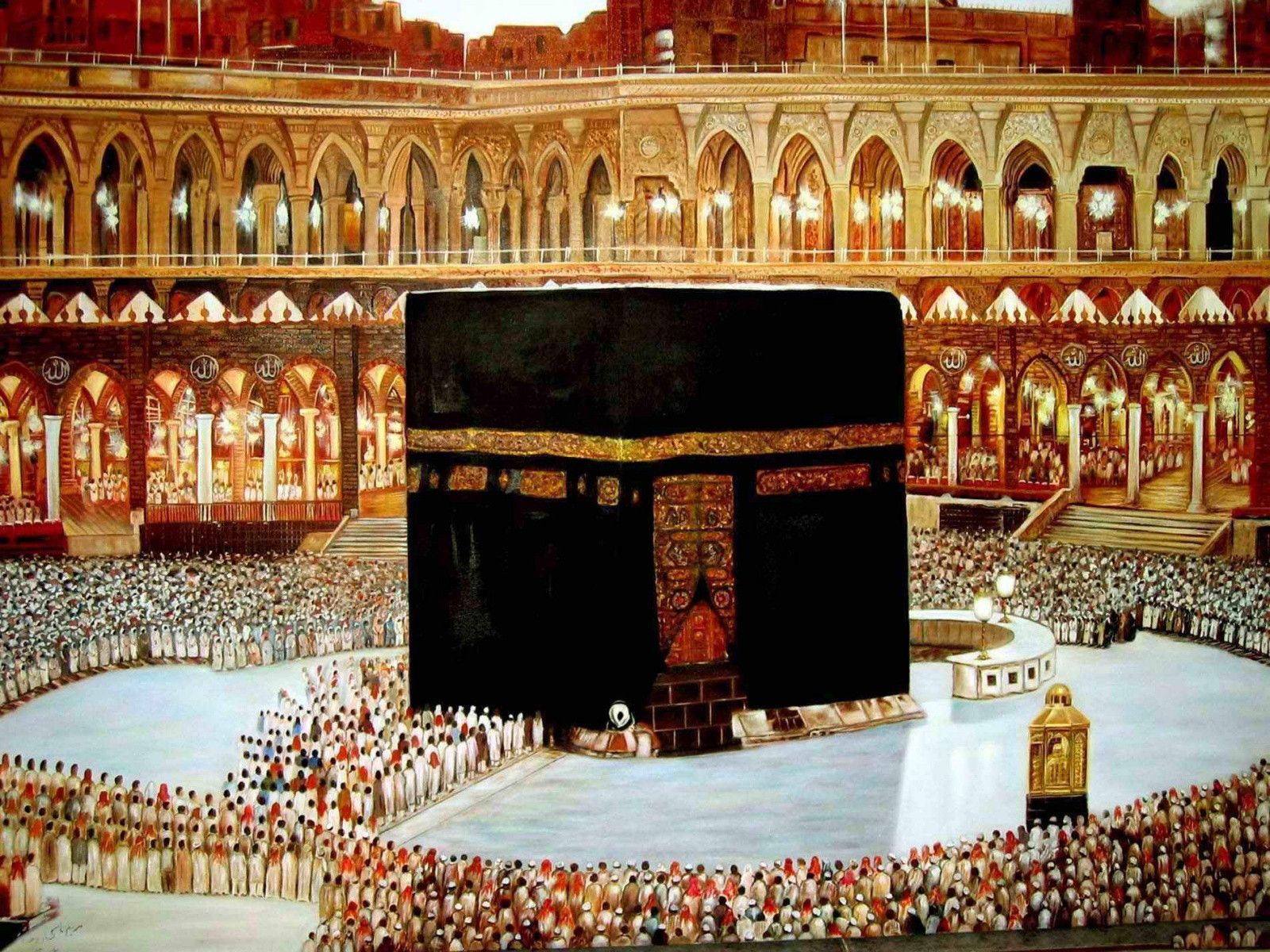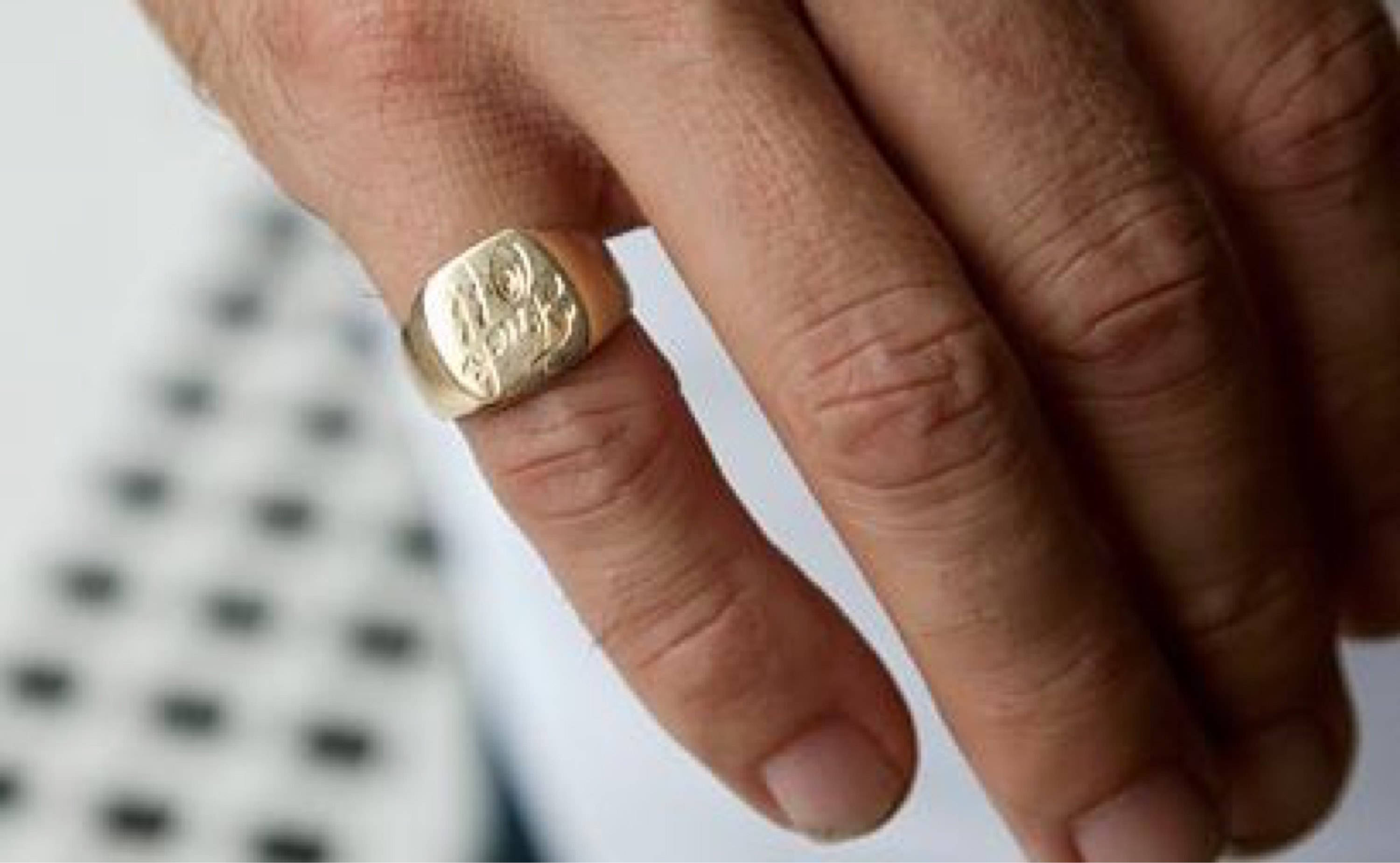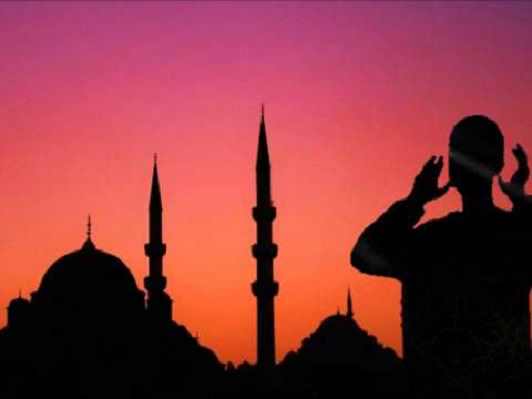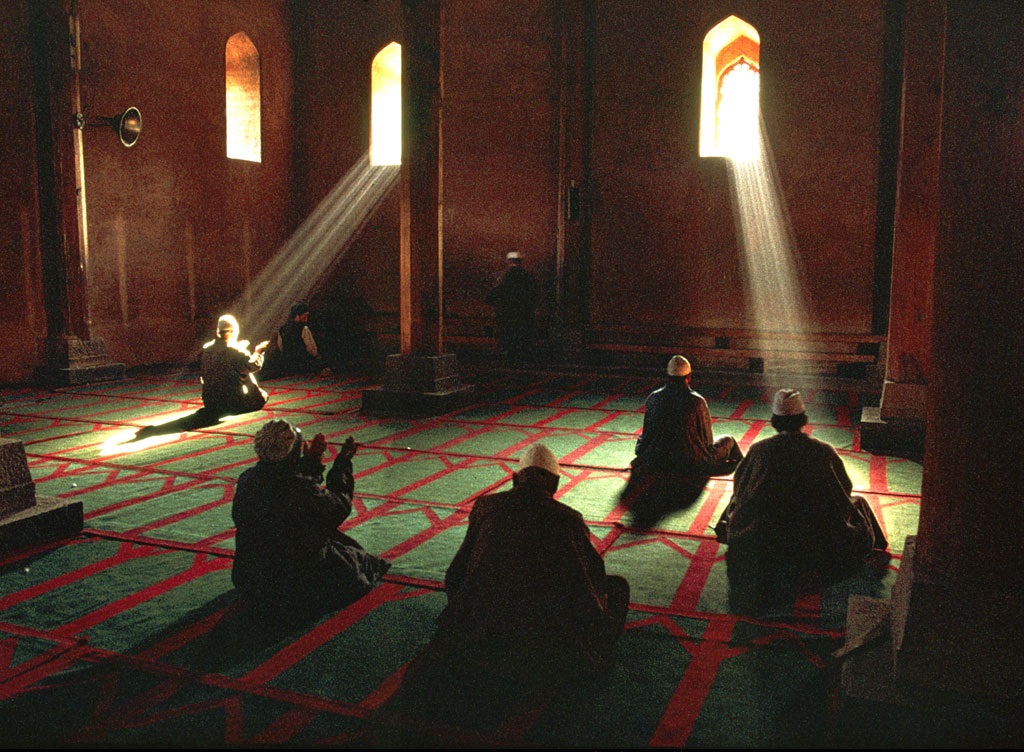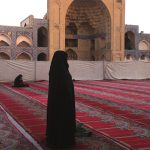QUESTION:
What do the scholars and muftis of the mighty Shari’ah say regarding patriotism? Are there any Hadith which support this [patriotism], such as “حب الوطن من الإيمان”? Also, Is all that is happening today in the name of patriotism, such as the use of musical instruments, singing and immodest programmes, permissible?
Questioner: Rafiq from UK
ANSWER:
بسم اللہ الرحمن الرحیم
الجواب بعون الملک الوھاب اللھم ھدایۃ الحق والصواب
Having love for one’s country is a natural inclination, and the Qur’ān and Sunnah do not prohibit this; something which isn’t forbidden in the Qur’ān or Sunnah is at the very least, permissible [jā’iz]. However, the words “حب الوطن من الإيمان” are NOT proven from Hadith. Furthermore, the scholars [with agreement] have said we are not aware of such a Hadith. Imām Shams al-Dīn al-Sakhāwī and Imām Jalāl al-Dīn Suyūtī state in al-Maqāsid al-Hasanah and al-Durrar al-Muntashirah, respectively that, “I have not come across it.”
[al- Maqāsid al-Hasanah, Hadīth 386, pg 109 & al-Durrar al-Munstashirah fī al-Ahādīth al-Muntashirah, Hadīth 189, pg 100]
My master A’lā Hazrat the Leader of the Ahl al-Sunnah, Imām Ahmad Ridā Khān (may Allāh shower him with mercy) states that the words حب الوطن من الإيمان (love for one’s homeland is a part of faith) are not established from Hadīths and neither their meaning.” After relating the aforementioned reference, he [A’lā Hazrat] further states that Imām al-Sakhāwī attributes its origin [asl] towards a bedouin, and the intellectuals of India [Hind] as is apparent if one returns to his referencing.
[al-Fatāwā al-Ridawiyyah, vol 15, pg 296]
Be that as it may, doing acts in the name of patriotism which conflict with Shari’āh, namely: singing, dancing, using musical instruments, chanting anthems and doing anything which is in opposition of love for Allāh (the Most High) and His Messenger (may the peace and blessings of Allāh be upon him) are all harām and impermissible.
My master A’lā Hazrat the Leader of the Ahl al-Sunnah, Imām Ahmad Ridā Khān (may Allāh shower him with mercy) states that in the glorious Qur’ān, Allāh (Most High) praises those of His people who leave their homeland for the sake of Allāh (Most High) and His Messenger (may the peace and blessings of Allāh be upon him), and He (Most High) severely condemns those who remain in their homeland and do not emigrate towards Allah and His Messenger. Allāh (Most High) mentions,
{وَمَنۡ یُّہَاجِرْ فِیۡ سَبِیۡلِ اللہِ یَجِدْ فِی الۡاَرْضِ مُرٰغَمًا کَثِیۡرًا وَّسَعَۃً ؕ وَمَنۡ یَّخْرُجْ مِنۡۢ بَیۡتِہٖ مُہَاجِرًا اِلَی اللہِ وَرَسُوۡلِہٖ ثُمَّ یُدْرِکْہُ الْمَوْتُ فَقَدْ وَقَعَ اَجْرُہٗ عَلَی اللہِ ؕ وَکَانَ اللہُ غَفُوۡرًا رَّحِیۡمًا}
{Whosoever migrates in the path of Allāh; leaving his home and family, will find abundant place and capacity in the earth. And whosoever leaves his home, migrating towards Allāh and the Messenger, and death overtook him, his reward is in the responsibility of Allah. And Allah is Most Forgiving, Ever Merciful}
[Sūrah al-Nisā’, verse 100]
The one who prefers his own country over being present in Blessed Madinah is like the transgressors, and the one who sacrifices his love for his own country for the abode of the Chosen One (may the peace and blessings of Allāh be upon him) will be counted amongst the accepted ones [in the Divine Court]. He (A’lā Hazrat) furthers writes that abode whose love is a part of faith is the original abode; from whence man came and to where he is to return.
“Live in this world as though you are a stranger or a wayfarer.”
وحسبنا اﷲ ونعم الوکیل
{And Allah is sufficient for us and He is the best Disposer of affairs}
[Kanz al-‘Ummāl, Hadīth 6127, vol 3, pg 194 & al-Fatāwā al-Ridawiyyah, vol 15, pg 297]
واللہ تعالی اعلم ورسولہ اعلم صلی اللہ علیہ وآلہ وسلم
کتبہ ابو الحسن محمد قاسم ضیاء قادری
Answered by Mufti Qasim Zia al-Qadri
Translated by Zameer Ahmed
Read the original Urdu answer here – [Q-ID0239] Is patriotism allowed in Islam?
Also see:
[Q-ID0726] Why do many Muslim countries have a moon and star on their national flags?





















